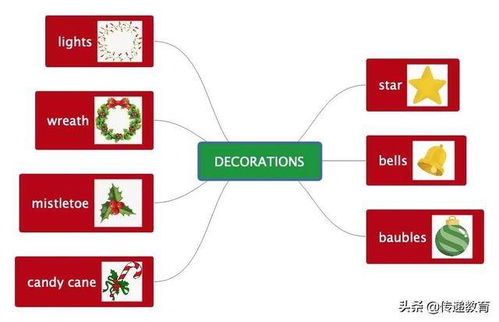来源:小编 更新:2024-11-28 03:55:42
用手机看

Engaging students in the learning process is crucial for effective education. One way to achieve this is through the use of classroom games, which not only make learning fun but also encourage active participation. A well-designed scoring system can enhance the competitive spirit and motivation among students, making the learning experience more interactive and memorable. In this article, we will explore various scoring systems that can be implemented in English classrooms.

There are several types of scoring systems that can be used in English classroom games, each with its unique approach to rewarding student participation and achievement.

Point-based scoring is one of the most common methods used in classroom games. In this system, students earn points for various activities, such as correct answers, participation, or completing tasks. Points can be accumulated over time, and the student or team with the highest score at the end of the game or the lesson wins. This method is great for fostering a sense of competition and encouraging students to strive for excellence.

Level-based scoring involves progressing through different levels of difficulty or achievement. Students earn points that allow them to move up to the next level, which often corresponds to a new skill or concept in the English curriculum. This system can be particularly effective for tracking student progress and ensuring that all students are challenged appropriately.

Team-based scoring focuses on the collective effort of students working together. In this system, the entire team earns points based on their performance, which can be shared equally or distributed according to each member's contribution. This approach promotes teamwork and encourages students to support one another, fostering a positive classroom environment.

Time-based scoring involves completing tasks or answering questions within a specific time frame. The faster the task is completed, the more points are earned. This method can be used to simulate real-life scenarios where time is of the essence, and it can also help students develop their speed and efficiency in language learning.

Behavior-based scoring focuses on rewarding positive behavior and participation. Students earn points for being attentive, asking questions, or contributing to class discussions. This system can help create a positive classroom atmosphere and encourage students to be more engaged in the learning process.

When implementing a scoring system in English classroom games, it is important to consider the following factors:

Ensure that the scoring rules are clear and fair to all students. This will help prevent misunderstandings and maintain a positive learning environment.

Be prepared to adapt the scoring system as needed to accommodate different learning styles and abilities. This may involve adjusting the point values or creating different levels of difficulty.

Provide incentives for students to participate actively and achieve high scores. This could include rewards such as extra credit, certificates, or recognition in front of the class.

Offer constructive feedback to students on their performance and progress. This will help them understand how they can improve and continue to engage in the learning process.

Scoring systems in English classroom games can significantly enhance the learning experience by promoting competition, teamwork, and active participation. By choosing the right scoring system and implementing it effectively, teachers can create a dynamic and engaging learning environment that encourages students to develop their language skills and enjoy the process of learning.